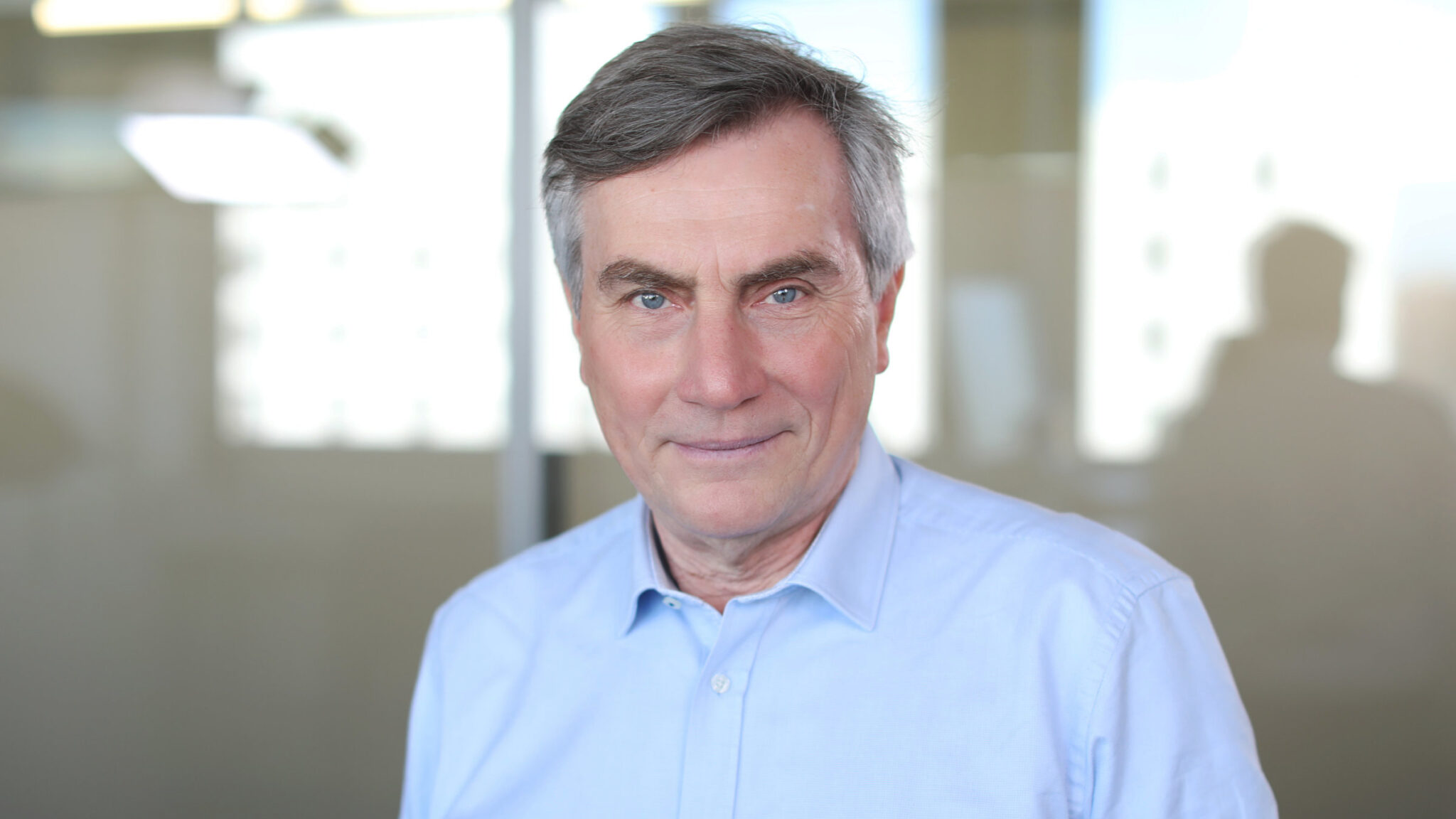
The next-gen IL-2 race heats up as Anaveon secures a megaround with its sights set on mid-stage tests
There appears to be no shortage of cash for those in the hunt for a better IL-2. On Thursday, Swiss-based Anaveon raked in another $119 million to see its own candidate into a series of Phase II trials — and a new Big Pharma investor is getting on board.
Immunotherapies targeting IL-2 — which stimulates T-cells to multiply and attack tumors — have proven to be quite powerful against cancer over the last couple decades, but are infamous for their toxic side effects. While Proleukin, approved in 1992, helped establish the potency of IL-2, safety issues and a modest half-life thwarted its potential.
Unlock this article instantly by becoming a free subscriber.
You’ll get access to free articles each month, plus you can customize what newsletters get delivered to your inbox each week, including breaking news.